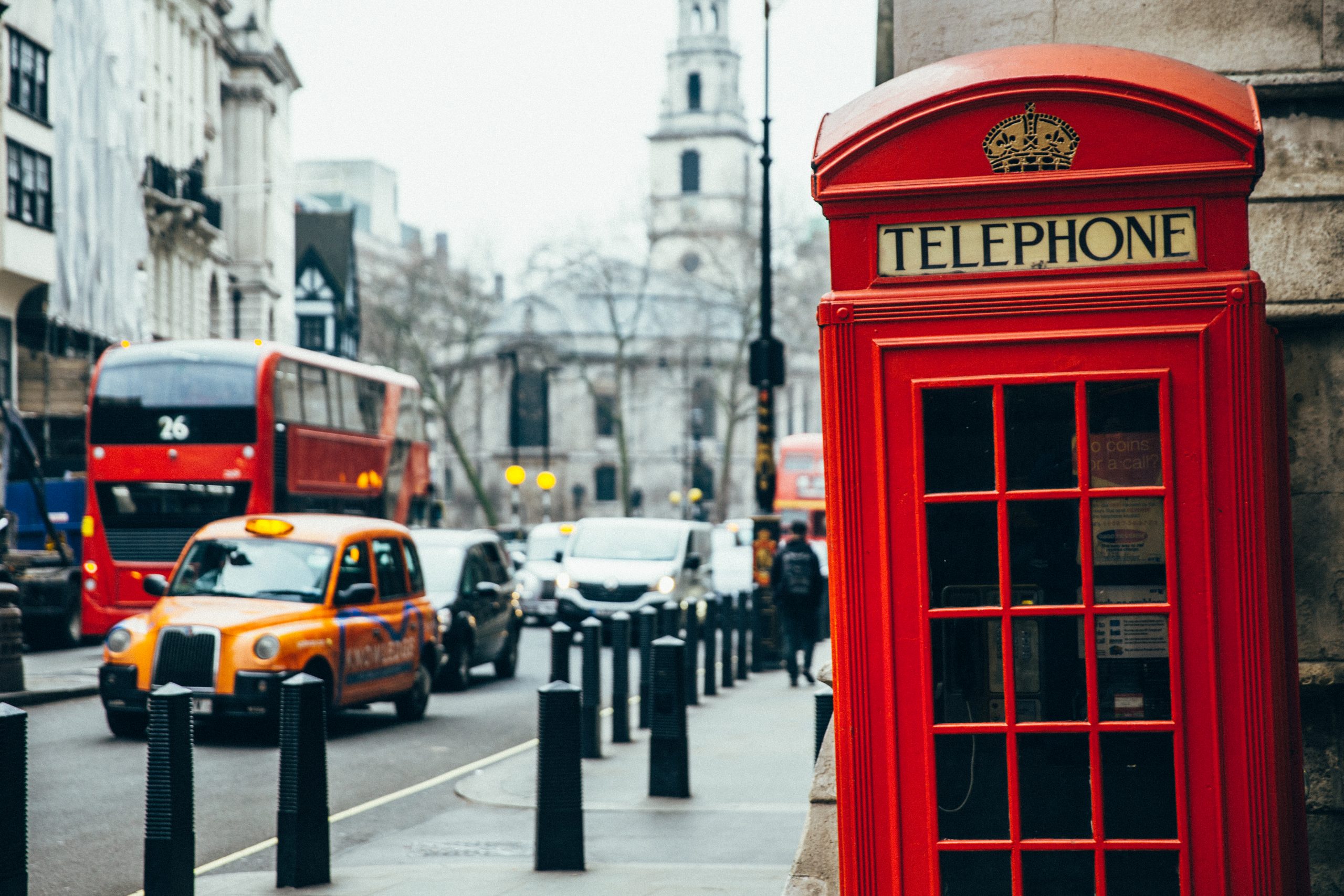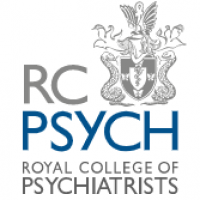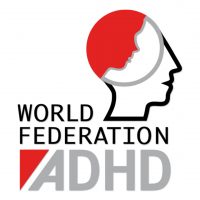
Central London Bipolar Clinic
Face to face appointments at our medical clinic can be booked by visiting our contact page here. Dr Basit also offers virtual appointments.
Dr Basit offers outpatient assessments and follow-ups. These reviews usually include but not always limited to initiation, titration and monitoring of appropriate psychiatric medications. Psychoeducation (i.e. explaining about mental health problems and their management) is another component of reviews
Dr Basit can refer patients for psychological therapies (CBT, CAT…), depending on their clinical needs.
Dr Basit has admission privilege with Nightingale Hospital. If it is clinically indicated, Dr Basit can arrange for Inpatient Admissions as well as Day Therapy Treatment.
Admissions are arranged during office hours through Dr Basit’s secretary via our contact page, or by contacting Nightingale Hospital Patient Services (020 7535 7780, patientservices@nightingalehospital.co.uk).
Yes, BUPA, AXA, Aviva, Vitality, Cigna, Healix.
Patients need to contact their insurer in advance and ask for approval. See booking conditions here.










